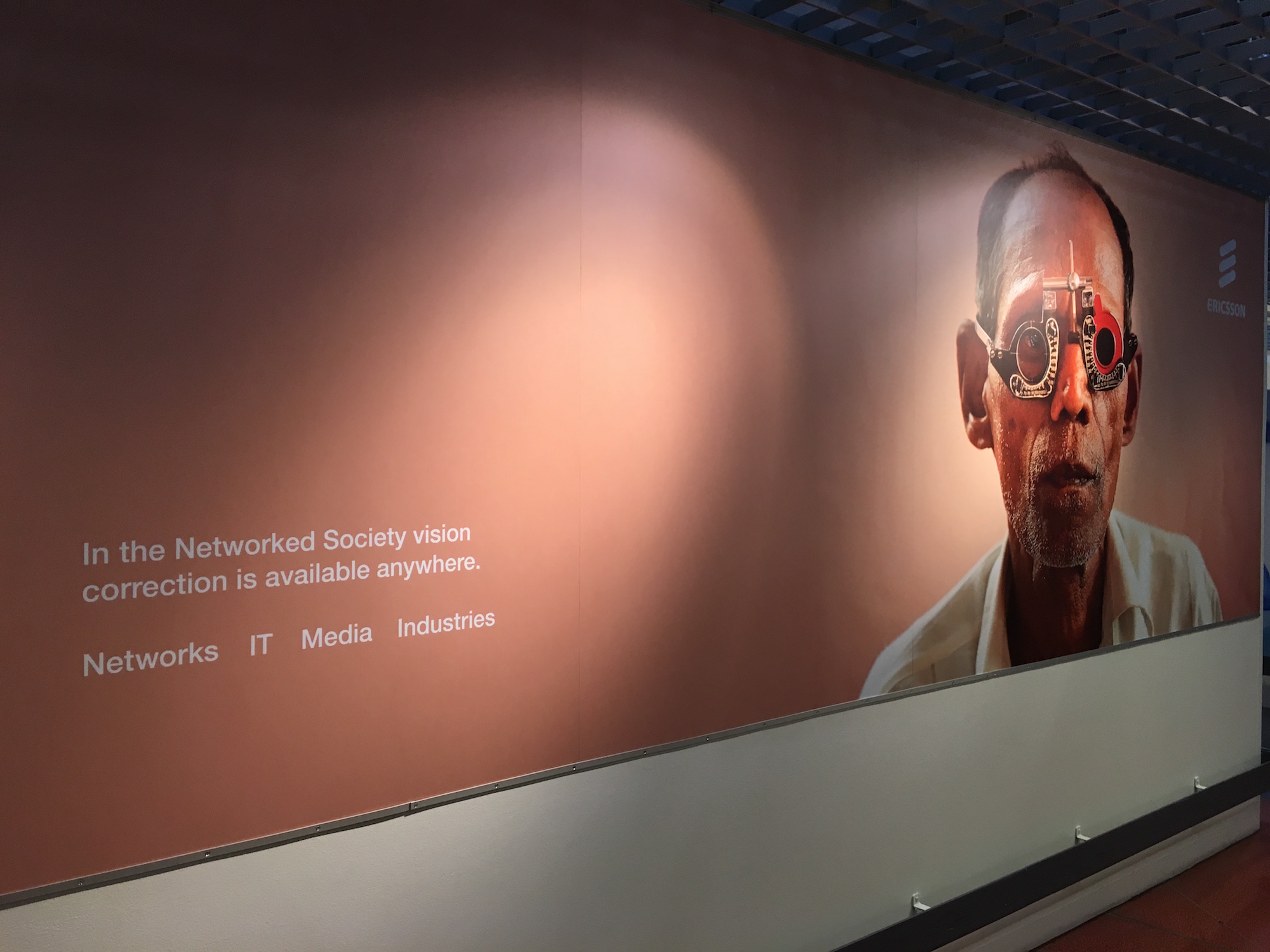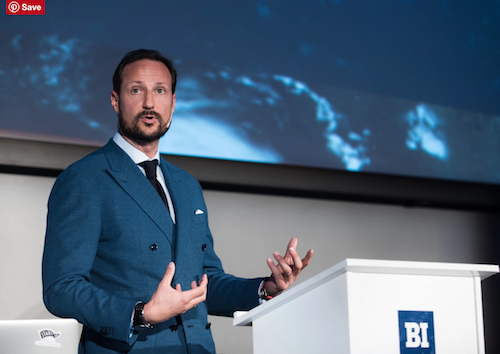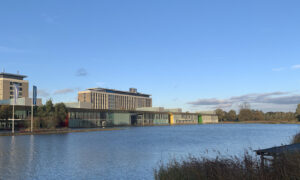As a friend used to say, “Europe is a big country.” We could never tell, but we think she was being ironic.
Still … she has a point: With the European Union still alive and kicking – if on life support – you almost have to look at the European tech scene as sort of the United States of Innovation. Not just one innovation center, but a dozen interconnected hubs from Barcelona to Cluj in Romania.
If you’re trying to track all the tech stuff going on, Europe is a big place, and we’ve curated some interesting updates, just for you.
• Stockholm creates technology infrastructure as a public good
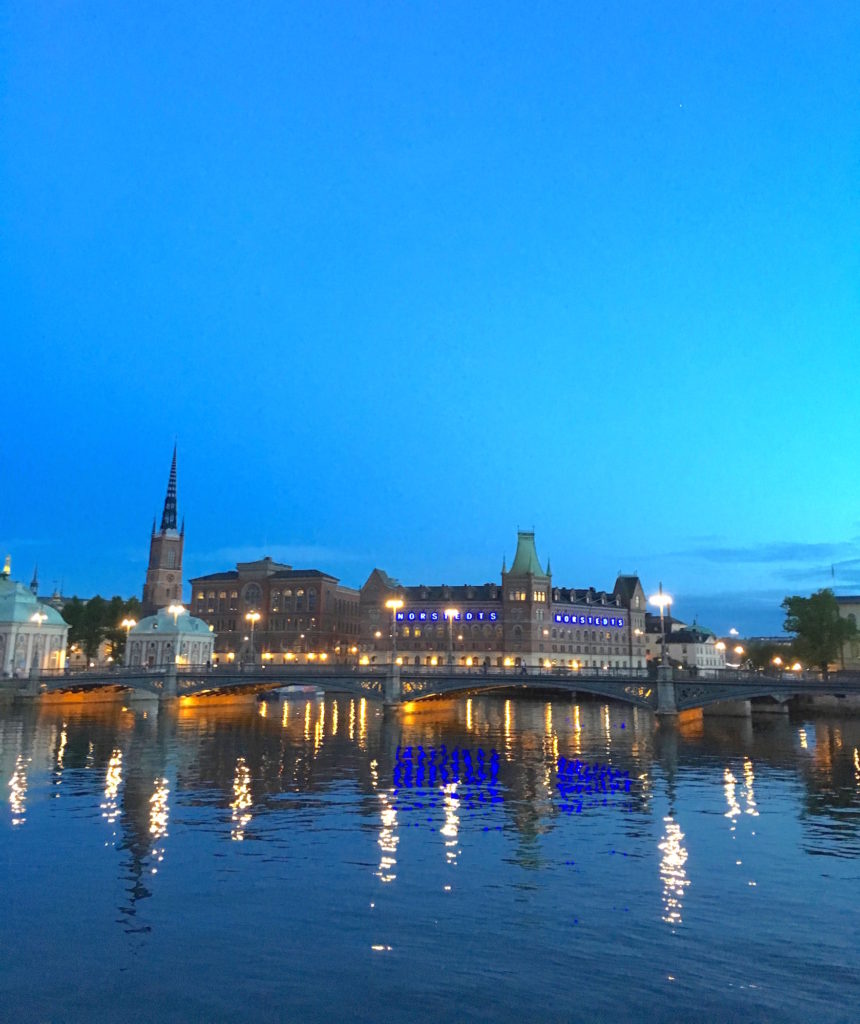 You have to hand it to the Scandinavian countries. We were in Stockholm in May, and we noticed wi-fi there was, if anything, even faster than in the Netherlands. Well, there’s a reason for that.
You have to hand it to the Scandinavian countries. We were in Stockholm in May, and we noticed wi-fi there was, if anything, even faster than in the Netherlands. Well, there’s a reason for that.
Stockholm has a fiber-network infrastructure that reaches 90 percent of the population (790,000 people) and 100 percent of businesses, according to Co.Exist, the Fast Company blog covering global urban trends. The idea is to position connectivity as a public utility providing the most people the fastest wi-fi at the lowest price. And to lay the foundation for Silicon Valley-level ambitions.
In the post “Stockholm is Creating a Second Silicon Valley in Scandinavia,” author Ben Schiller reports the fiber-optic network is owned by a public body, Stokab. Stokab in turn licenses access to the system to 100-plus companies, which in turn deliver service to businesses and consumers … a model that lays the groundwork for the kind of high-tech critical mass that innovators just can’t resist.
(This is counter to thinking in Germany, where we found out this weekend how public access to super-fast wi-fi is nearly non-existent, More on that later ….)
• Norway, the next big thing ….
We never thought we’d see a headline touting Norway as the next Silicon Valley. Especially in TechCrunch. We were wrong ….
TechCrunch has a post, “Keep an Eye on Norway; its startup scene is about to go huge,” by Norway native Haje Jan Kamps about a recent Startup Extreme conference. Kamps’ takeaway is, Olso will have more than browser Opera to brag about in the future.
This is, we have to say, yet another post about government intervention to create an organic startup culture/eco-system. Which hasn’t worked yet, but theoretically is the way to go in Europe. Kamps notes that Norway is a bit different in that Crown Prince Haakon is down with the madness.
The post includes a list of startups with potential including Futurehome, an IOT effort focused on smart homes.
• Barcelona now Europe’s 3D printing hub
If you think Barcelona is a beaches, wine and tapas destination, you need to see Deutsche Welle’s video report (above) on Barcelona’s evolution into a 3D printing hub. For food. Hewlett Packard is involved, and the local government is subsidizing the tech. Who knew! Which kind of proves our theory on the fungibility of innovation. One of the most successful 3D printing companies, Shapeways, started in Eindhoven, which doesn’t have an abundance of culinary excitement, capital or sun. Shapeways is now in New York City, with operations all over the U.S. So it figures the Next Wave in 3D printing for consumers would be in Sunny Spain.
• Kraken acquires Eindhoven fintech startup CleverCoin
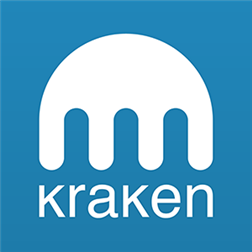 Okay, forget what we said in the last item. Never underestimate Eindhoven. San Francisco-based digital currency exchange Kraken just acquired CleverCoin, an Eindhoven-based bitcoin exchange. We don’t have any real details because we heard this on the street. We tried to find some media reports, but we don’t read Dutch, unfortunately.
Okay, forget what we said in the last item. Never underestimate Eindhoven. San Francisco-based digital currency exchange Kraken just acquired CleverCoin, an Eindhoven-based bitcoin exchange. We don’t have any real details because we heard this on the street. We tried to find some media reports, but we don’t read Dutch, unfortunately.
What we know from the CleverCoin website is, CleverCoin was one of the Netherlands’ first bitcoin exchanges, and apparently a really big one.
From the Kraken blog post announcing the deal:
The addition of CleverCoin cements Kraken’s position as the undisputed leading exchange in Europe with the arrival of thousands of new clients, while other geographic markets experience record growth. Terms of the deal were not announced.
CleverCoin was funded by Boost VC, the high-profile Silicon Valley-based (sort of … San Mateo) accelerator backed by venture capitalists Tim and Adam Draper, according to the Kraken release. CleverCoin was one of the earliest exchanges in Western Europe to focus on compliance, offer leveraged trading and establish regulated banking partnerships.
• Quartz: Google invests in AI in Switzerland, “tax investigations be damned”
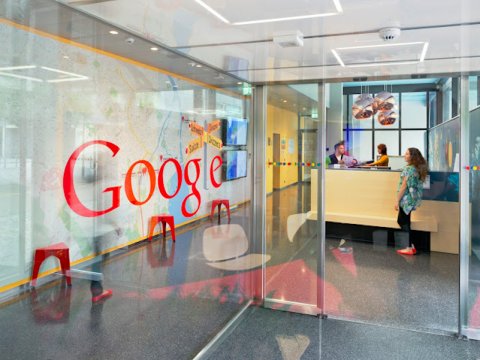 Quartz has a post on how Google is defying conventional thinking, announcing a research unit in Zurich dedicated solely on machine learning, a major piece of AI, even though the SiliconValley ad/search megalith is in hot water with European regulators and tax officials. Google announced the Zurich AI project last month.
Quartz has a post on how Google is defying conventional thinking, announcing a research unit in Zurich dedicated solely on machine learning, a major piece of AI, even though the SiliconValley ad/search megalith is in hot water with European regulators and tax officials. Google announced the Zurich AI project last month.
The timing is interesting, Quartz reporter Joon Ian Wong points out, because it comes as Google faces two antitrust charges in Europe over a search product and Android. Last month, French tax authorities raided Google’s Paris office, part of an investigation into tax dodging.
Part of Google’s reasoning has to be that 1), their biggest engineering effort in Europe is in Switzerland and 2) Zurich is where the engineering talent is.
From the news release:
Zurich is already the home of Google’s largest engineering office outside the US, and is responsible for developing the engine that powers Knowledge Graph, as well as the conversation engine that powers the Google Assistant in Allo. In addition to continued collaboration with Google’s various research teams, Google Research, Europe will be focused on three key areas:
• Viva Technology Paris
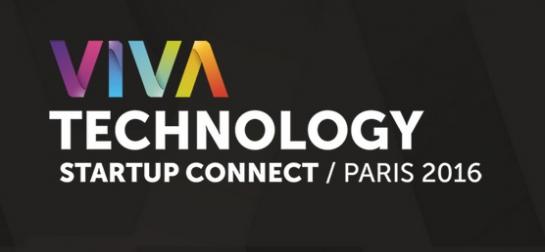 Viva Technology Paris organizers are declaring victory, with more than 45,000 people visiting the inaugural event, which ran from 30 June through 3 July. It was the first international event “dedicated to the growth of startups and the collaboration between large companies and startups,” according to a news release.
Viva Technology Paris organizers are declaring victory, with more than 45,000 people visiting the inaugural event, which ran from 30 June through 3 July. It was the first international event “dedicated to the growth of startups and the collaboration between large companies and startups,” according to a news release.
More than 10 million euros were distributed during the event to winning startups from key business partners and investors. (VTP offered dozens of challenges from big companies, most of which came with serious cash for the selected startups.)
The event drew some of the top entrepreneurs and tech executives in the world including Eric Schmidt (Alphabet), Jay Carney (Amazon), John Chambers (Cisco), Demis Hassabis (Google DeepMind), David Kenny (IBM Watson), Robin Li (Baidu), SY Lau (Tencent), David Marcus (Facebook) and Jimmy Wales (Wikimedia Foundation).
Viva Technology Paris was organized by public relations firm Publicis Groupe as a way to establish Paris – and France – as an innovation center along with Silicon Valley, London and Berlin. And it certainly garnered a lot of attention including multiple Dispatches Europe posts. But has anything really changed in France, a country known for innovation (BlahBlahCar), but resistant to allowing companies to push beyond the 35-hour workweek. (Would there even be a Silicon Valley if Steve Jobs, Sergey Brin and Larry Page worked four-day weeks?!)
From the release:
- TechCrunch, the leading technology media, described the event: “Vivatech concentrates France’s booming tech scene, and its minds.” The media added, “Something big happened in France over the last five years.”
- Viva Technology was mentioned more than 86,000 times since June 30.
- Viva Tech reached nearly 41 million people on social media, 95% of which on Twitter.
- Exceptional international resonance with 159 countries talking about the event.
- Over half a million vues estimated internationally across all Viva Tech content.


